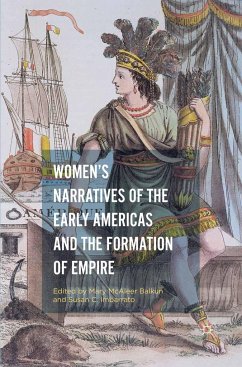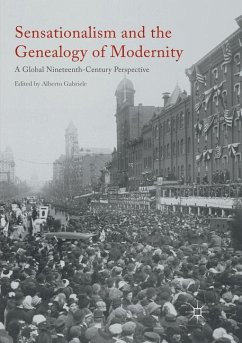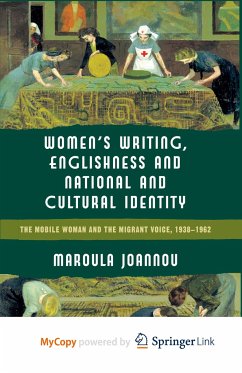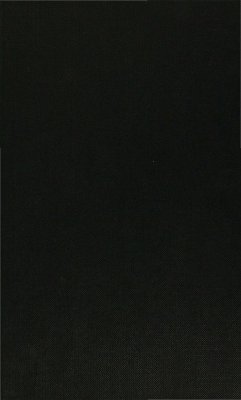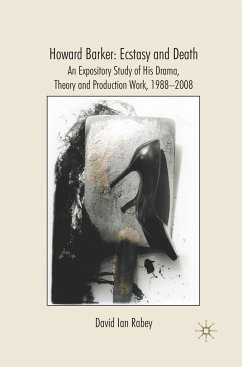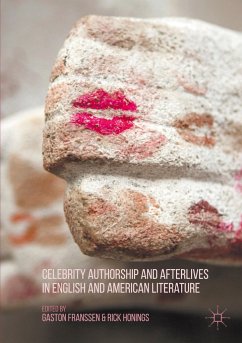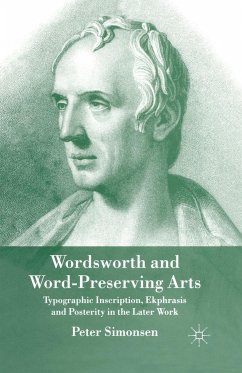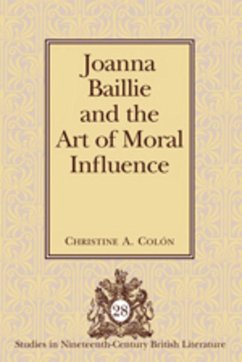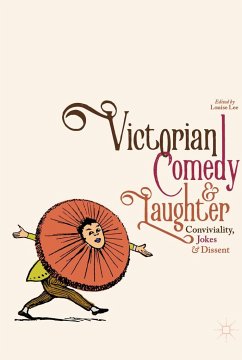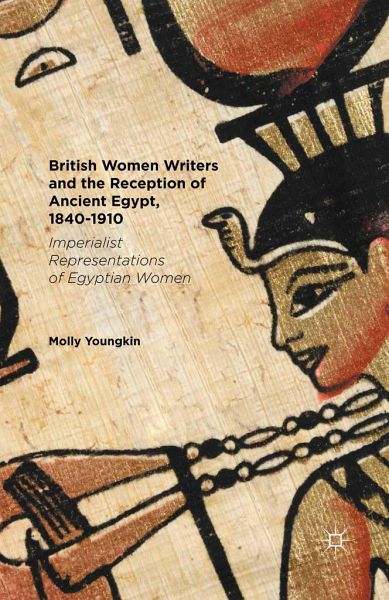
British Women Writers and the Reception of Ancient Egypt, 1840-1910
Imperialist Representations of Egyptian Women
Versandkostenfrei!
Versandfertig in 6-10 Tagen
38,99 €
inkl. MwSt.
Weitere Ausgaben:

PAYBACK Punkte
19 °P sammeln!
Focusing on British women writers' knowledge of ancient Egypt, Youngkin shows the oftentimes limited but pervasive representations of ancient Egyptian women in their written and visual works. Images of Hathor, Isis, and Cleopatra influenced how British writers such as George Eliot and Edith Cooper came to represent female emancipation.





